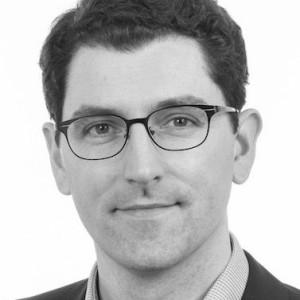
Experiencing the history of physics or conducting research in this field is an invitation to a journey of discovery: it reveals unknown and often surprising scientific, political and social connections that allow us to see the discipline with different eyes.
Description
Research focus: History of Science and Technology, Science Communication
The Deutsches Museum is a science engagement and public history partner within MCQST.
My research primarily focuses on the history of science and technology and the public communication of historical research with special emphasis on three subject areas: i) the development of optics in the 19th and 20th century, ii) the uses of material culture in museums, and iii) the development of new methods and concepts and formats for science communication and public history of science and technology.
History of Science and Technology
In my current research in the field of the history of optics, I analyze the development of quantum optics as a scientific field West and East Germany in the period between 1945 and 1989. Based on source material using archives in Germany, the UK and the USA as well as a larger series of oral history, I argue that the emergence of quantum physics in the first half of the 20th century prompted a delayed response in the field of optics with the development of new conceptual models and experimental tools only from the late 1950s onwards. My research in this area has a strong thematic overlap with the subjects developed for the
“Light and Matter” exhibition jointly realized with the Munich Center for Quantum Science and Technology (MCQST).
Material Culture
Object-based research is at the heart of material culture studies, which have their origins in the disciplines of archeology but are widely applied in other fields of the humanities, including the history of science and technology. Teaming up with colleagues from German and US universities and museums, we developed the international training course
“Material Culture in the History of Physics” that allows Master and PhD students from history, museum studies and physics education to initiate their own object-based research at the Deutsches Museum.
Science Communication and Public History
In the area of science communication, which intersects with the concept of “Public Understanding of Research” (PUR), we constantly aim to experiment with new formats allowing to create effective avenues for dialogues between researchers in current research in the fields of science, technology and engineering with our public at large at the museum. One area to test new ideas is the “Science Communication Lab” which we operate together with various in the Munich area.